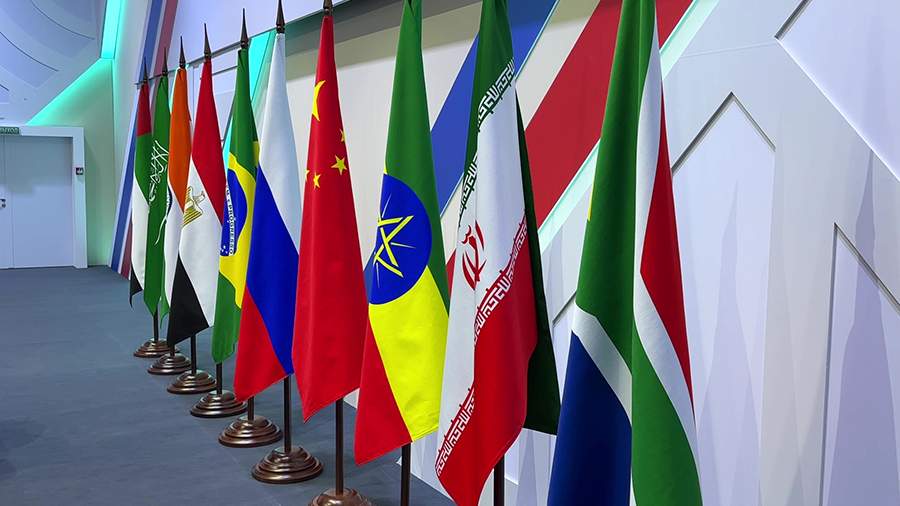
Senior diplomats from Nigeria and the BRICS nations are gathering Monday in Brazil to present a united front against the escalating trade tensions fueled by U.S. President Donald Trump’s aggressive tariff policies.
The meeting, which comes at a fragile moment for the global economy — after the International Monetary Fund downgraded growth forecasts citing the impact of U.S. tariffs — will run for two days in Rio de Janeiro. It serves as a precursor to the full BRICS leaders’ summit scheduled for July.
“The ministers are negotiating a declaration reaffirming the centrality and importance of the multilateral trading system,” Brazil’s BRICS representative Mauricio Lyrio told reporters Saturday.
Since its founding in 2009, the BRICS group — originally comprising Brazil, Russia, India, China, and South Africa — has expanded to include Iran, Egypt, and the United Arab Emirates. Together, the bloc now represents nearly half the global population and 39% of world GDP.
Since returning to office in January, Trump has imposed a blanket 10% tariff on dozens of countries, with China facing duties as high as 145% on various goods. Beijing has retaliated with tariffs of up to 125% on U.S. exports. Trump has also threatened to slap 100% tariffs on BRICS nations if they attempt to undermine the U.S. dollar.
Brazilian Foreign Minister Mauro Vieira will host the Rio meetings, joined by Russian Foreign Minister Sergei Lavrov, Chinese Foreign Minister Wang Yi, and other top diplomats. Talks are expected to start at 11:00 am local time (1400 GMT), with a joint statement anticipated later in the day.
In addition to trade, climate change will feature prominently on the agenda, as Brazil prepares to host the UN COP30 climate summit this November in the Amazonian city of Belém.
Discussions are also expected to touch on the ongoing war in Ukraine, amid Trump’s renewed efforts to broker peace talks between Russia and Ukraine.
On Tuesday, the BRICS diplomats will be joined by representatives from nine additional “partner” nations — including several former Soviet states, as well as Cuba, Malaysia, Thailand, Uganda, and Nigeria — for broader discussions on global cooperation.
